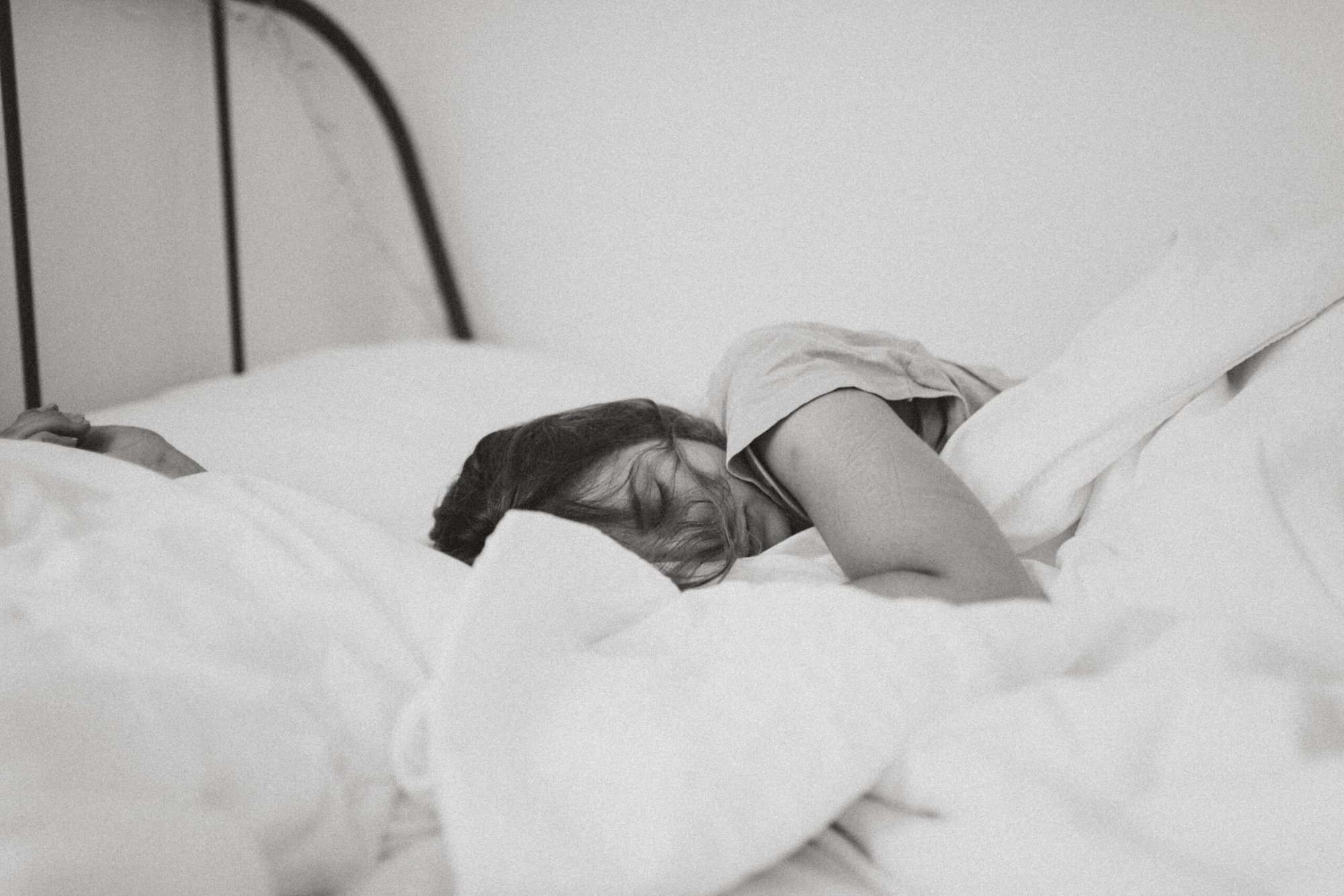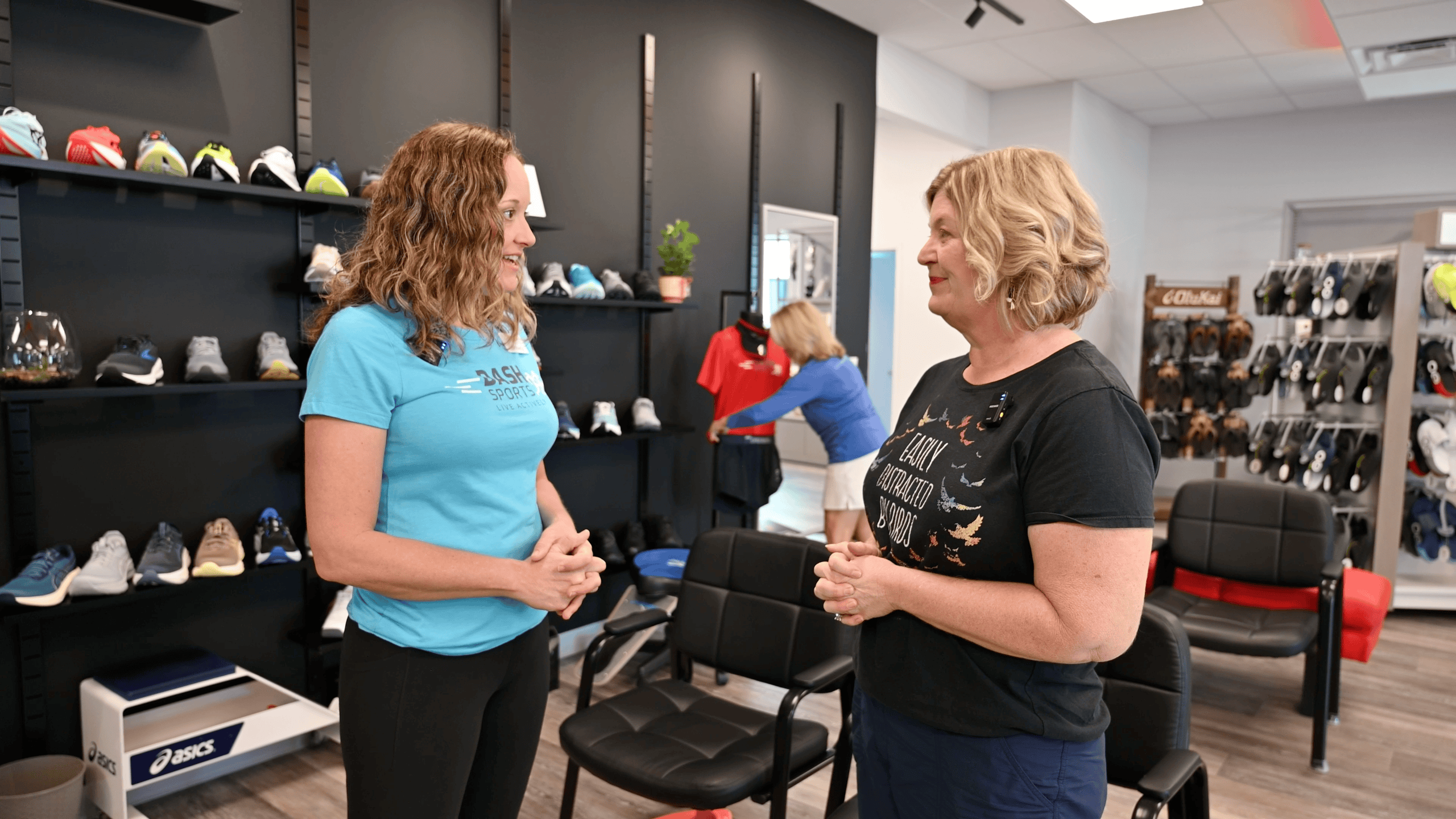Local Expert Series: Perfect Your Sleep Environment
Local Expert Series: Perfecting Your Sleep Environment
By: Marcy Stern, EdD, LMHC
An optimal sleep environment is crucial to a good night’s sleep. But what that looks like is different for each person. The first step for creating a good sleep environment is knowing what works specifically you. For example, everyone has individual preferences for mattresses, pillows, and bedding.
Here is a list of things to consider when creating your best sleep environment:
- Noise and Volume Level:
- For some individuals, the sounds of a television, radio, music or even white noise machines are helpful. Others may require complete silence. It’s important to be consistent, and replicate what works for you. It’s also important to consider that televisions and monitors interrupt sleep, so changing habits might be required. A quiet, low light environment is recommended. I highly recommend using earplugs!
- Room temperature:
- Set the temperature to a comfortable temperature for sleeping. Sometimes you may find that you overheat or become too cold in the course of the night. Adjust accordingly if you need more or less bedding and clothing for bed.
- Fans/windows:
- Some people prefer to sleep with circulating air and/or windows open. These can also contribute to noise level (fan running or noises outside from an open window). Again, consider changing habits for ideal sleep.
- Pajamas:
- If you sleep in pajamas, make sure the fabric and fit are comfortable for you. If you find that the pajamas are too constraining or too loose, or if fabrics cause you to sweat, this could lead to becoming uncomfortable in bed.
- Light:
- Some people prefer a dark room, while others prefer some light. Check your blinds and adjust them to only allow low light levels.
- Bed Comfort:
- It is important to know if a mattress, couch, and pillows are too soft/too firm for your comfort. Being at the wrong level of firmness/softness could lead to pain that prevents a restful sleep.
- Being mindful if you share a bed:
- If you are a light sleeper and are easily disturbed by movement, consider how individuals and pets may affect your sleep environment. I often recommend separate or split beds so that your own mattress fits your individual needs.
It is important to identify your own likes and dislikes around your personal sleep needs. Missed the first blog in this series? Click here to learn about why having a bedtime routine is important in order to sleep well.

About the Author
Marcy Stern brings more than 20 years of experience as a licensed mental health counselor to her position at Orlando Health’s UF Health Center’s Department of Integrative Medicine. As a psychotherapist, her role is to assess and manage patients struggling with the emotional and psychological effects of diseases and their treatments. Some of the groups she oversees include Cancer Support, Sleep 101, Memory, Mindfulness-Based Stress Reduction, and Survivorship.
Share This Post
Share this Post
Never Miss an Update
you might also like
There is nothing worse than a toothache, am I right?? Oral health is very important for overall health and wellbeing, at every age!














